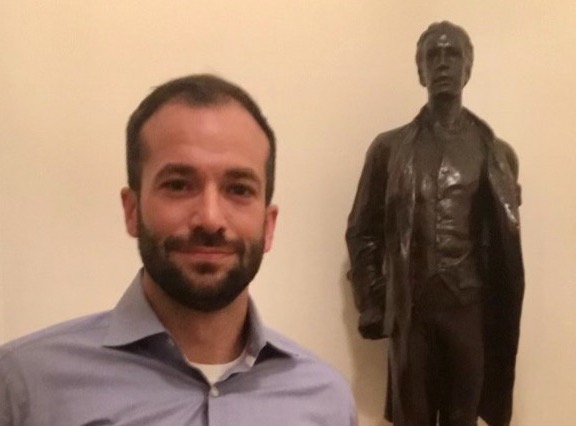Benedict Arnold, Part Two
- Jeff Rogg

- Dec 9, 2020
- 2 min read
It was more than Arnold's pride that was wounded, it was also his pocketbook. The Continental Congress decided that Arnold owed it thousands of pounds--hundreds of thousands of dollars in today's currency--for expenses as part of his invasion of Canada. Arnold countered that the Continental Congress owed him money for his personal costs on the campaign and other wages it never paid him. Like Church, Arnold now had a financial reason to spy for the British.
It just so happened that the Continental Army offered Arnold the job of commanding its garrison at West Point, the site of the U.S. Military Academy today. West Point was a crucial defensive position for the Americans. From West Point, the Americans could stop the British navy from sailing up the Hudson River and cutting New England off from the rest of the colonies. So, West Point was a valuable prize for the British. Arnold decided to make his own bargain: he would surrender West Point to the British for £ 20,000.
But the whole plan fell apart when Arnold met John André, his "handler" (the person who recruits and meets with a spy). André was captured by American militia after his meeting with Arnold. Benjamin Tallmadge, the officer in charge of the Continental Army's intelligence work, interrogated André. Tallmadge uncovered Arnold's treachery, but by that time, Arnold escaped to British-held New York. George Washington wrote to the British commander, Sir Henry Clinton, offering to exchange André for Arnold, but Clinton refused. Clinton provided a lesson for all countries that recruit spies: If Clinton had returned Arnold, then no one would have trusted the British enough to spy for them. Although Arnold escaped, the capture of André must have been some satisfaction to Tallmadge, who was a classmate of Hale's at Yale. The Continental Army hanged André for spying just as the British hanged Hale.
Arnold became an officer in the British Army and received a small reward for his services although the plan to surrender of West Point failed. Arnold also learned a hard lesson many spies do. Just as Hale's fellow officers warned him not to become a spy, British officers thought Arnold was dishonorable. His reputation for treachery also accompanied him to England where the public also looked down on Arnold. The same thing later happened to Kim Philby, who spied on his native Britain for the Soviet Union.
Hale and Arnold provided perfect contrasts. But they both showed that the United States had a lot of work to do in intelligence. Fortunately, the Commander-in-Chief of the Continental Army, George Washington, was a quick study and keen intelligence officer. He soon became the Spymaster-in-Chief and would later use the lessons he learned in the Revolutionary War as the first President of the United States.

Self-portrait of John André that he sketched the night before his execution
Source: https://commons.wikimedia.org/wiki/File:John_Andre_self_portrait_1780-10-01.jpg {{PD-US-expired




Comments